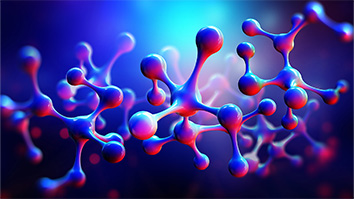Citation
Revel FG, Moreau J-L, Pouzet B, Mory R, Bradaia A, Buchy D, Metzler V, Chaboz S, Zbinden KG, Galley G, Norcross RD, Tuerck D, Bruns A, Morairty SR, Kilduff TS, Wallace TL, Risterucci C, Wettstein JG, Hoener MC (2013). A New Perspective for Schizophrenia: TAAR1 Agonists Reveal Antipsychotic- and Antidepressant-Like Activity, Improve Cognition and Control Body Weight. Molecular Psychiatry 18: 543–556.
Abstract
Schizophrenia is a chronic, severe and highly complex mental illness. Current treatments manage the positive symptoms, yet have minimal effects on the negative and cognitive symptoms, two prominent features of the disease with critical impact on the long-term morbidity. In addition, antipsychotic treatments trigger serious side effects that precipitate treatment discontinuation. Here, we show that activation of the trace amine-associated receptor 1 (TAAR1), a modulator of monoaminergic neurotransmission, represents a novel therapeutic option. In rodents, activation of TAAR1 by two novel and pharmacologically distinct compounds, the full agonist RO5256390 and the partial agonist RO5263397, blocks psychostimulant-induced hyperactivity and produces a brain activation pattern reminiscent of the antipsychotic drug olanzapine, suggesting antipsychotic-like properties. TAAR1 agonists do not induce catalepsy or weight gain; RO5263397 even reduced haloperidol-induced catalepsy and prevented olanzapine from increasing body weight and fat accumulation. Finally, TAAR1 activation promotes vigilance in rats and shows pro-cognitive and antidepressant-like properties in rodent and primate models. These data suggest that TAAR1 agonists may provide a novel and differentiated treatment of schizophrenia as compared with current medication standards: TAAR1 agonists may improve not only the positive symptoms but also the negative symptoms and cognitive deficits, without causing adverse effects such as motor impairments or weight gain.


